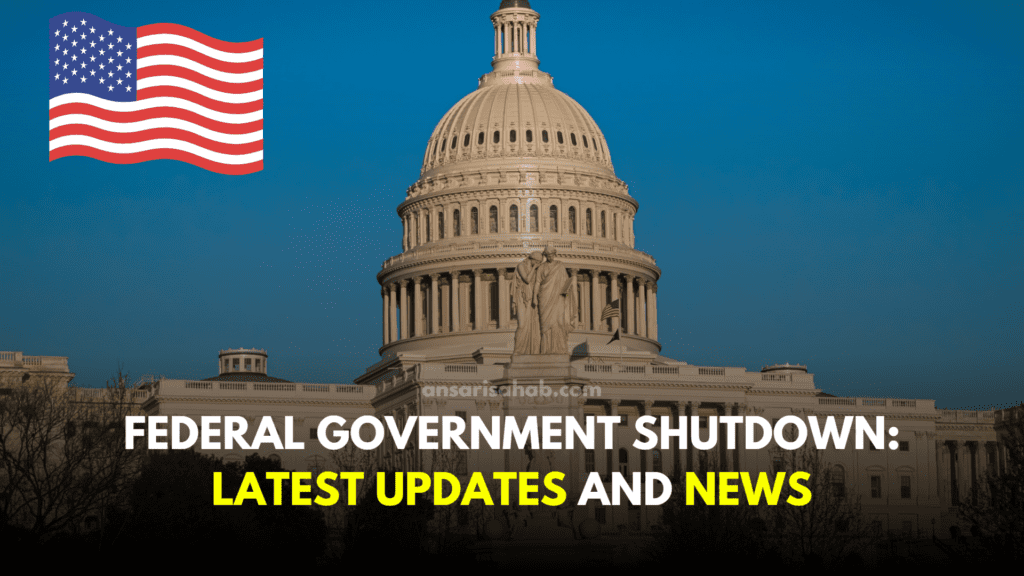The New Zealand government unveiled sweeping reforms to New Zealand residency rules in 2025, loosening restrictions and overhauling the Skilled Migrant Category to attract talent and retain essential workers. The changes, including two new residency pathways, come amid mounting labor shortages and public debate over migration policy.
New Residency Pathways, Policy Shifts
From mid-2026 onward, two new routes to residence will be available under revised rules: a Skilled Work Experience pathway and a Trades & Technician pathway. These are designed to streamline access to permanent residence for qualified individuals already contributing to the New Zealand workforce. (According to the government’s announcement)
Under the Skilled Work Experience pathway, applicants must have at least five years of relevant experience, including two years earned in New Zealand at a wage at least 1.1 times the median wage.
The Trades & Technician pathway is aimed at workers in skilled trades, requiring a relevant qualification (Level 4 or higher), four years of post-qualification experience (including at least 18 months in New Zealand), and remuneration at or above the median wage.
These changes coincide with a wider loosening of immigration rules: New Zealand is also offering more flexibility for digital nomads, relaxing visitor visa conditions so remote workers and influencers may stay longer and work remotely.
A prior policy shift earlier in 2025 also reduced the minimum investment threshold for the “Active Investor Plus” (golden visa) program from NZ$15 million to NZ$5 million, and restored some foreign property rights for high-value properties.
Skilled Migrant Category Overhaul & Impact
The Skilled Migrant Category (SMC) is being restructured. From August 2026, the new framework will incorporate these two residency pathways into SMC, revise points allocation, reduce work requirements, and ease wage thresholds.
Previously, SMC required a bachelor’s degree or earning at a significantly higher wage threshold. Under proposed changes, New Zealand qualifications will be valued more in the points system, and some higher wage requirements will be relaxed.
Business groups have broadly welcomed the changes, viewing them as responsive to labor market realities and supportive of employer needs for long-term staff. (As quoted in RNZ)
However, not all political parties are aligned. Coalition partner New Zealand First invoked the rarely used “agree to disagree” clause over the reforms, warning that overly lax residency rules could create a “stepping stone” effect toward Australia.
Context: Why the Change?
New Zealand faces labor shortages in many sectors, and critics have flagged that the former residency regime was too restrictive, especially for individuals already working in essential fields. Economic Growth Minister Nicola Willis noted that businesses had flagged cases where skilled workers were unable to gain residence, even though their skills were in demand.
Also influencing the change is New Zealand’s demographic dynamics. Between July 2024 and July 2025, an estimated 73,400 New Zealanders left the country while only 25,800 returned, a significant outflow that pressures the labor force and underlying growth.
These reforms dovetail with broader strategies: attracting high-net-worth investors (via the updated golden visa), welcoming digital nomads, and aligning immigration settings in a tighter global competition for talent.
Notes on Palestine & Immigration Policy
While immigration reforms dominate the policy agenda, NZ’s stance on Palestine has surfaced in parliamentary debates and diplomatic circles, though it currently plays a peripheral role in residency rule changes. No formal link has been drawn publicly between the new residency rules and NZ’s foreign policy on Palestine.
Some advocacy groups have called on New Zealand to offer special humanitarian residence measures for Palestinians and refugees, but the government has not integrated such clauses into its recent legislative package.
What This Means for Migrants & Employers
For migrants: The 2025 policy framework positions New Zealand as more accessible to professionals, tradespeople, and remote workers. Those already on existing work visas should evaluate whether they qualify under the new Skilled Work Experience or Trades & Technician pathways when they become active.
For employers: Businesses now have clearer signals that long-term staff in key roles can be retained via more stable residence options. This may reduce recruitment and turnover pressures in sectors struggling with workforce shortages.
For policy watchers: The real test will come from implementation. Officials will need to define eligible roles, wage bands, transitional rules, and how many places are allocated. The political friction between coalition partners also suggests the reforms may need fine tuning before full enactment.
FAQs
A: Two new pathways — the Skilled Work Experience pathway and the Trades & Technician pathway — will provide routes to residence for qualified migrants starting mid-2026.
A: The revised SMC framework, including new pathways and updated criteria, is set to come into effect in August 2026.
A: As of now, the announced reforms focus on skilled migration, trade workers, investment, and digital nomads. No specific measures tied to Palestine have been formally included.









